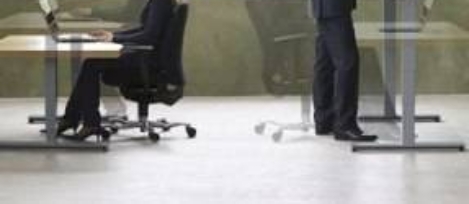May 17, 2016
Lack of productivity growth continues to impact on UK employment 0
 The Government to be more interventionist in its support and work in partnership with business to help improve organisations’ productivity to improve salaries and performance, the CIPD has said. This follows the second quarter in a row when the CIPD’s survey of employers has anticipated a pay figure below the Government’s official inflation target of 2 percent. The Labour Market Outlook highlights how low inflation, expanding labour supply and the lack of productivity growth are working in combination to reduce the economic pressure for employers to pay their staff more. The UK is now in its eighth year of a productivity slump, which for employees means that pay growth is likely to remain sluggish until at least the end of the decade and for employers means that low productivity leads to tightened budgets. This ‘jobs-rich, pay-poor’ economy is set to continue as pay awards are expected to only rise by 1.7 percent in the next year.
The Government to be more interventionist in its support and work in partnership with business to help improve organisations’ productivity to improve salaries and performance, the CIPD has said. This follows the second quarter in a row when the CIPD’s survey of employers has anticipated a pay figure below the Government’s official inflation target of 2 percent. The Labour Market Outlook highlights how low inflation, expanding labour supply and the lack of productivity growth are working in combination to reduce the economic pressure for employers to pay their staff more. The UK is now in its eighth year of a productivity slump, which for employees means that pay growth is likely to remain sluggish until at least the end of the decade and for employers means that low productivity leads to tightened budgets. This ‘jobs-rich, pay-poor’ economy is set to continue as pay awards are expected to only rise by 1.7 percent in the next year.

































April 26, 2016
Men paid more after having kids, as mothers’ pay and prospects diminish 0
by Sara Bean • Comment, Flexible working, Workplace
(more…)